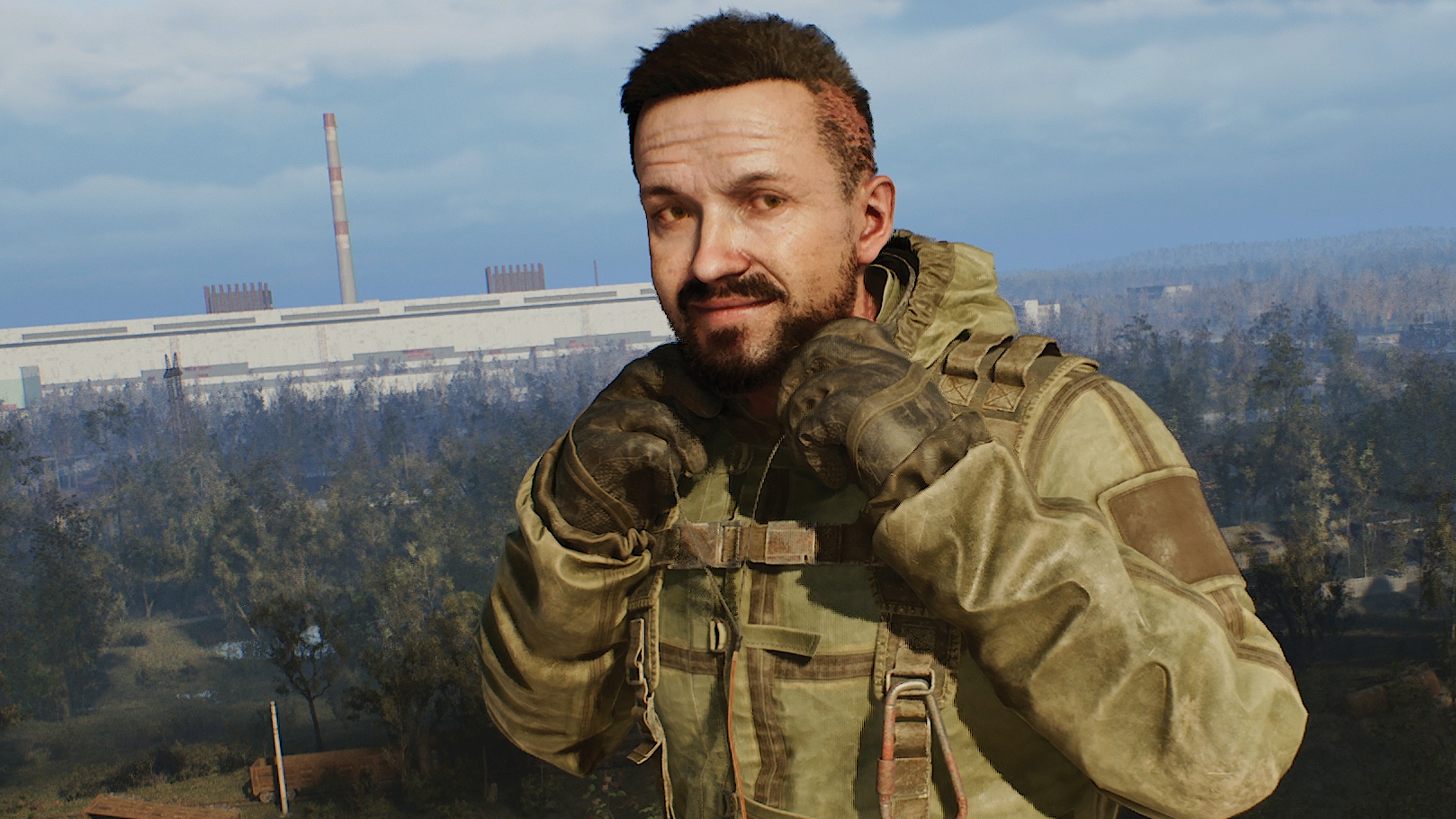Russia just added Stalker dev GSC to its no-no list of 'undesirable organisations', sobs that Stalker 2 promoted 'Ukrainian narratives' and 'aggressive Russophobic content'
The Prosecutor General's Office accuses GSC of "promoting Ukrainian narratives."

Keep up to date with the most important stories and the best deals, as picked by the PC Gamer team.
You are now subscribed
Your newsletter sign-up was successful
Want to add more newsletters?

Every Friday
GamesRadar+
Your weekly update on everything you could ever want to know about the games you already love, games we know you're going to love in the near future, and tales from the communities that surround them.

Every Thursday
GTA 6 O'clock
Our special GTA 6 newsletter, with breaking news, insider info, and rumor analysis from the award-winning GTA 6 O'clock experts.

Every Friday
Knowledge
From the creators of Edge: A weekly videogame industry newsletter with analysis from expert writers, guidance from professionals, and insight into what's on the horizon.

Every Thursday
The Setup
Hardware nerds unite, sign up to our free tech newsletter for a weekly digest of the hottest new tech, the latest gadgets on the test bench, and much more.

Every Wednesday
Switch 2 Spotlight
Sign up to our new Switch 2 newsletter, where we bring you the latest talking points on Nintendo's new console each week, bring you up to date on the news, and recommend what games to play.

Every Saturday
The Watchlist
Subscribe for a weekly digest of the movie and TV news that matters, direct to your inbox. From first-look trailers, interviews, reviews and explainers, we've got you covered.

Once a month
SFX
Get sneak previews, exclusive competitions and details of special events each month!
Stalker developer GSC Game World has been added to the Russian government's list of "undesirable organisations," per a press release from the country's Prosecutor General's Office. In other words, it's been deemed a threat to the "foundations of Russia's constitutional order, defensive capacity and security," and anyone in Russia maintaining ties to the studio could face punishment.
GSC might be the most famous of the myriad Ukrainian studios affected by Russia's 2022 invasion of Ukraine. The war forced the studio to relocate from its former home of Kyiv to offices in Prague; one of its developers, Volodymyr Yezhov, was killed in action in December 2022; and the studio has come under repeated propaganda attacks from anti-Ukrainian forces and disgruntled Russian ex-fans.
GSC has, itself, raised money for the Ukrainian military—$800,000 via a charity sale of its games, and it encouraged fans to donate to the country's army in the immediate aftermath of Russia's invasion. You might think, then, that the Russian government—never shy about adding people and organisations it dislikes to lists of "extremist" entities—had long ago thrown the book at GSC. But despite some past sabre-rattling, its branding as an "undesirable" org only got handed down today.
The Prosecutor General's Office accuses GSC of "financial support of the [Armed Forces of Ukraine]," and the promulgation of a "view of Russia as an 'aggressor state', including the dissemination of materials discrediting to our country."
Russia also accuses GSC's management of donating $17 million to a fund for the assistance of Ukrainian military personnel, an assertion I cannot personally find any basis for outside of the Prosecutor General's statement itself.
Perhaps most absurd, though, is the Office's assessment of Stalker 2 itself. "In 2024, [GSC] released a computer game promoting Ukrainian narratives [and] containing aggressive Russophobic content." Having played—and, indeed, reviewed—Stalker 2, I struggle to recall much that leapt out to me as 'aggressively' Russophobic. Perhaps the Prosecutor General is upset GSC took out the Russian voice track.
Keep up to date with the most important stories and the best deals, as picked by the PC Gamer team.

One of Josh's first memories is of playing Quake 2 on the family computer when he was much too young to be doing that, and he's been irreparably game-brained ever since. His writing has been featured in Vice, Fanbyte, and the Financial Times. He'll play pretty much anything, and has written far too much on everything from visual novels to Assassin's Creed. His most profound loves are for CRPGs, immersive sims, and any game whose ambition outstrips its budget. He thinks you're all far too mean about Deus Ex: Invisible War.


